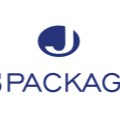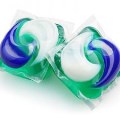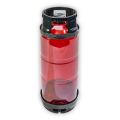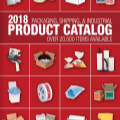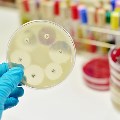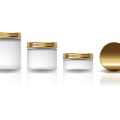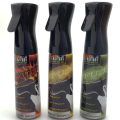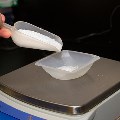If this is your company, CONTACT US to activate Packbase™ software to build your portal.


Most sealants for metal lids and caps in the United States today are manufactured from liquid PVC compounds which require high temperatures for curing. These PVC-based sealant compounds contain phthalates or other plasticizers that are added to the formulation to increase elasticity and workability, thus softening the seal. However, these additional materials can be easily removed by grease or liquids and migrate from the packaging into the filled goods.
The European Union has recognized this issue and has banned materials and articles in contact with foodstuffs that may induce any health hazard or any unacceptable change in their composition. These products include olives, pickles, pickled vegetables, oils, vinegars, yogurts and other dairy products in glass, as well as many European/Mediterranean specialties also packaged in glass.
There is a solution to this issue which is now available in the United States through MJS Packaging: PVC-free Closuresusing Thermoplastic Elastomers (TPE) technology. TPE technology is supplied in granulate form, liquefied using extrusion, and applied directly into the closure. Since the process does not require curing, it saves energy, reduces CO2 emissions, and reduces production costs. Implementing this procedure meets the requirements of sustainable production and conservation with a cleaner process that generates less waste. Finally, the safety requirements for food products in glass containers using lug and twist-off metal closures are assured since there is no liquid plasticizer for elasticity being used, minimizing the potential risks for migration of undesirable substances.
There are three versions that have been developed for cold-filling, pasteurization and sterilization. Sizes are limited with this new technology but will be expanded based on demand. For more information on this new TPE technology as well as closure samples contact MJS Packaging.

